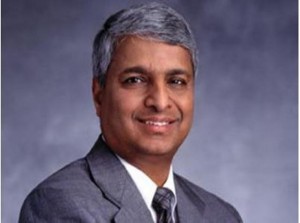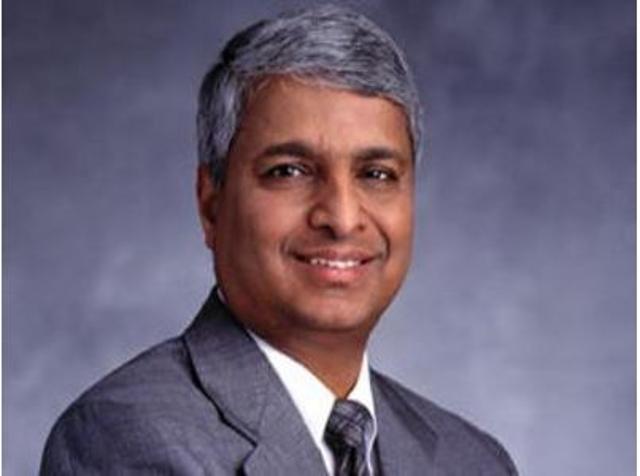
Gururaj Deshpande, or ‘Desh’ as he is popularly known, is an entrepreneur, venture capitalist and philanthropist. He is best known for having started and taken three multi-billion dollar companies public. He spends his time between the Deshpande Centre for Innovation at MIT and the Deshpande Foundation in Hubballi, Karnataka. He recently announced that his foundation was building India’s largest incubator for startups in Hubballi. He tells why the country needs more small-time entrepreneurs…
What was the idea behind Deshpande Foundation in the US and Hubballi?
I left India in 1973. I went to Canada, did my masters, then PhD, became a professor, an executive, an entrepreneur. In 2000, I joined the MIT board in Boston and we started a technological innovation centre. The idea was innovation plus relevance equals impact. You start with an idea the world hasn’t seen and direct it to a burning problem and that has an impact. That was successful in the US. Ten years ago, we decided to do social innovation in India. Here, relevance plus innovation equals impact. You start with a deep understanding of a problem and the idea to solve the problem has to be co-created with the people who need it and you have to build the capacity to spread the solution. We picked Hubballi because my dad is here. We started 10 years ago, and have put in Rs 200 crore so far. We probably need a lot more. This is not an experiment.
Since 2008, when Deshpande Foundation started its Sandbox Startups incubator programme, what evolution have you seen in entrepreneurs from smaller regions?
A lot of it is building the right mindset for people. Ten years ago, everyone would have asked me, ‘What are you going to do for me? We don’t have water or electricity.’ Every problem was somebody else’s problem. Now, you won’t hear that. Most of them are saying, ‘How do I solve this problem?’ Entrepreneurs are taking charge and owing their problems.
Wouldn’t it have been easier to build the biggest incubator in Bengaluru rather than a town like Hubballi?
In bigger cities, people are trying to solve problems for villagers and farmers; their ability to succeed will be zero because the way they design the product would be different. You may design something for Rs 200, which you think is cheap but the customer may not. You have to be with your customers. So building an incubator here made sense. There’s a lot of entrepreneurial energy here.
T-Hub is backed by the Telangana government. Do other state governments need to get involved to build their startup ecosystems?
We are fortunate that we are funded by DST to some extent. Governments have to be careful not to get into the game of picking winners and losers. Access to capital is always an issue. But when governments start setting up funds and decide who gets it, that’s a problem. You need somebody in between willing to take the risk, like angel investors or venture capitalists. The government can co-exist and make it easy for them.
Do we need more startup conferences in tier 2 and 3 cities?
We need to separate hype from reality. Digital India, Make in India, they are all hot right now. All these conferences are okay if you do it once in a while. But if you keep doing it, you get professional conference-goers and nothing happens. A lot of it is a cultural change and it doesn’t happen overnight. The further you go from Bengaluru, Delhi or Mumbai, the longer it will take.
2 mins read
“Ten years ago, every problem was somebody else’s problem”









